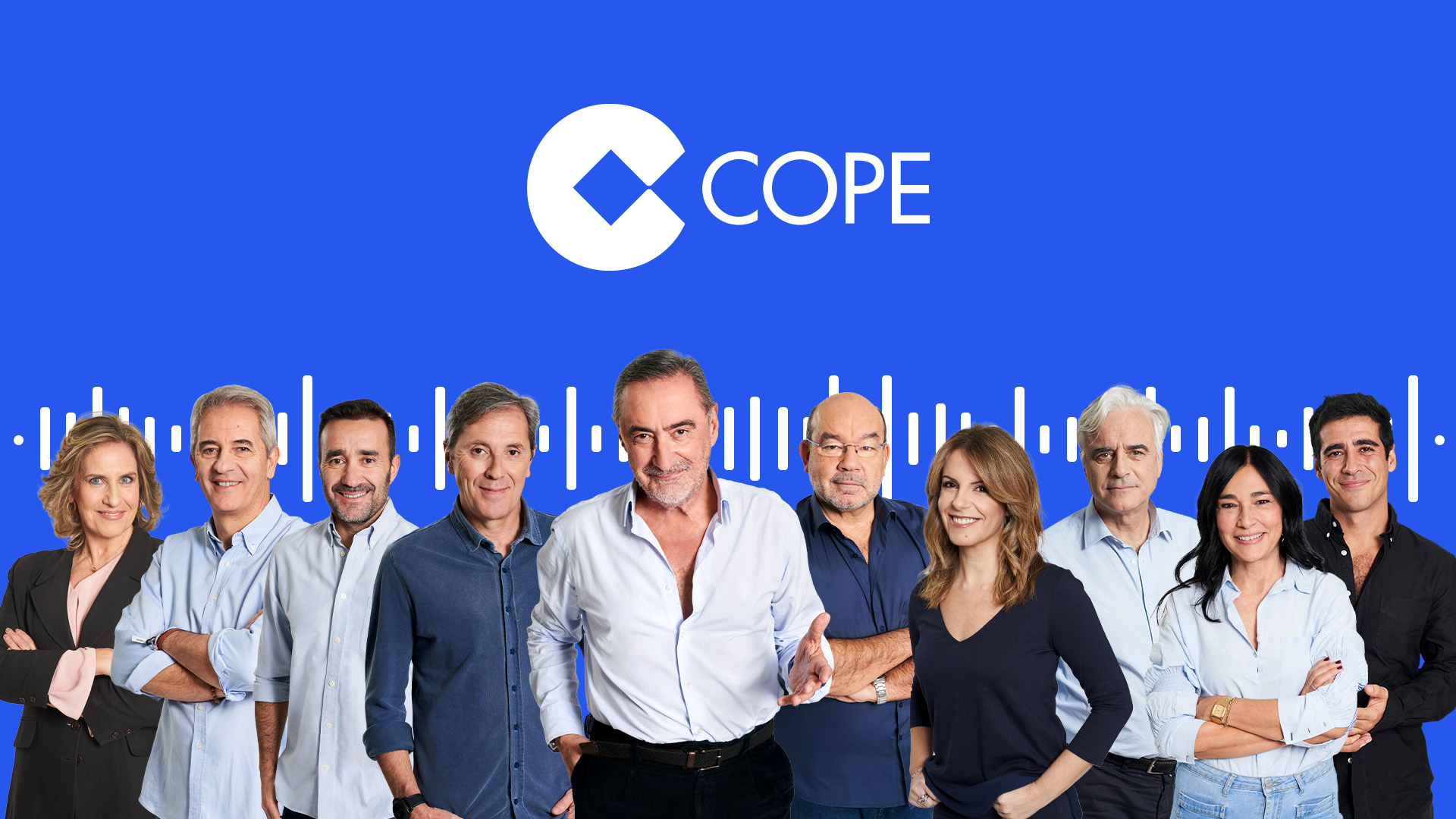
- Select a language for the TTS:
- UK English Female
- UK English Male
- US English Female
- US English Male
- Australian Female
- Australian Male
- Language selected: (auto detect) - EN
Play all audios:
SACRAMENTO — Millions more Californians will be able to file state income tax returns by computer at no charge, after a vote by the Franchise Tax Board on Tuesday that was a blow to the
private tax software industry. The tax board’s decision comes after three years of dispute with private companies such as Intuit Inc., maker of TurboTax, which call government-sponsored
filing systems an unnecessary intrusion on their turf. Twenty-five other states already allow direct electronic filing. The tax board voted unanimously to launch Web-based versions of the
state’s tax forms as quickly as possible. An electronic version of the 540 2EZ, California’s simplest tax form, is already available. By January the other 540 forms should be too, according
to tax board staff members. More complicated forms, such as those involving a series of deductions, should be ready by June. “We accomplished today 100% of the reforms that any activist in
this field imagined would be possible,” said state Controller Kathleen Connell, one of three tax board members. Of the state’s 14 million taxpayers, nearly 9 million are eligible to use the
540 2EZ or 540 forms. The tax software industry typically charges $10 to $30 to file a return and advises taxpayers on how to fill out forms. The free Franchise Tax Board Web site
(www.ftb.ca.gov) will not offer advice. But it will automatically do math calculations and find the amount of tax owed without requiring a person to log off the state Web site to fill in a
form. A representative of the tax software industry expressed doubt Tuesday that California could build a Web-based electronic filing system for just $100,000 per form, as the tax board
staff promises. “We’re skeptical of the ability of the state to pull it off in a manner that protects California taxpayers and the reputation of online tax filing,” said Jason Mahler, vice
president and general counsel for the Computer & Communications Industry Assn. The board asked its staff for quarterly reports on the cost of the project. “They’re going to have to live
by the numbers they’ve given us,” Connell said. Taxpayer advocates praised the board’s vote. It reverses the board’s August decision against offering automatic math and tax calculations
because of industry concerns and the fear of some lawmakers that electronic filing could compromise taxpayer privacy. The lawmakers said they have been reassured that the tax board cannot
track the keystrokes of individual taxpayers. “Taxpayers should have free online filing,” said Lenny Goldberg, a lobbyist for the California Tax Reform Assn. He said the “industry threw
various diversions and roadblocks in the way to keep us from getting here, but it looks like taxpayers will finally get the service to which they’re entitled.” MORE TO READ









